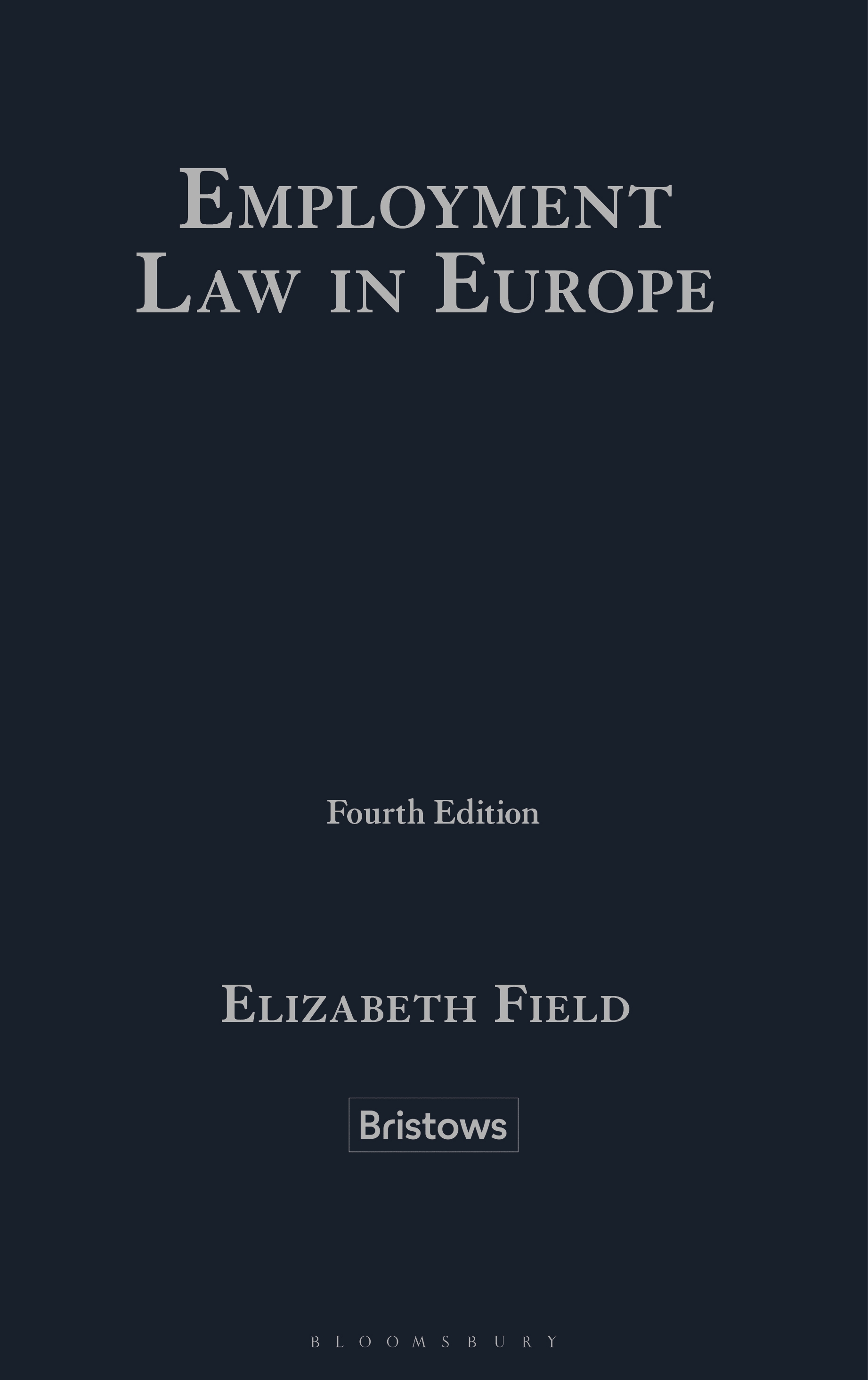Q & A with Elizabeth Field
Elizabeth Field is the author of Employment Law in Europe.
This is included in our Employment Law service.
What first drew you to working in employment law?
I come from a non-legal background and was immediately drawn to how relatable and tangible employment law is and how it impacts almost everyone at some point. My role involves everything concerning people in the workplace and I really enjoy the broad spectrum of issues and the fact that even where the legal principles are the same, cases and projects always vary because of the different individuals involved and their different aims and objectives. I have a real interest in people and love that, even now, they still manage to surprise me.
How has Covid-19 impacted employment law in Europe?
The pandemic has changed the ways in which people work with many employees now working remotely at least part of the time. This brings increased flexibility but has also led to employees having different expectations and demands. The previous UK government sought to enhance existing flexible working rights, including by increasing the number of flexible working requests an employee can make from one to two per year and reducing the employer’s maximum response time. As part of their election campaign, the current Labour government committed to making flexibility the default from day one of employment; what this means in practice remains to be seen.
In Europe, the EU has recognised the potential drawbacks of remote/hybrid working - being the ‘always on’ culture that has developed in the context of the now blurred line between personal and work life. In response, the European Parliament is seeking to introduce a legal right to disconnect, so that employees cannot be required to be contactable outside of their normal working hours and nor should they be contacted by co-workers during this time. The Commission’s first-stage consultation on this was due to finish in June 2024 and will feed into any future EU legal action alongside a study already undertaken by the Commission.
What are the main challenges to employment law resulting from Brexit?
Whilst there were concerns that Brexit would result in a dilution of UK employment rights, many of which stem from EU directives, this has not been the case as almost all EU-derived laws have been retained post-Brexit.
Moving forwards, we may see a greater divergence between the UK and EU, which could present an element of challenge for global employers seeking to ensure compliance with the laws of multiple jurisdictions. However, there are already significant jurisdictional differences in employment laws (including between EU member states) so global employers are used to managing this kind of multi-territorial employment law compliance.
What is the most challenging aspect of your job?
Employment law is broad, technical, rapidly changing and intellectually demanding. The wide variety of issues that I deal with in my role mean that every day is different, every case is unique, and I also deal with a wide range of people with differing backgrounds and experience. This means that every day is truly different, advice and responses have to be adapted to the client and the specific scenario. I see people at their best, at their most vulnerable, when they have had success and when things have gone wrong. All of this is demanding but I have to say, I love it!

